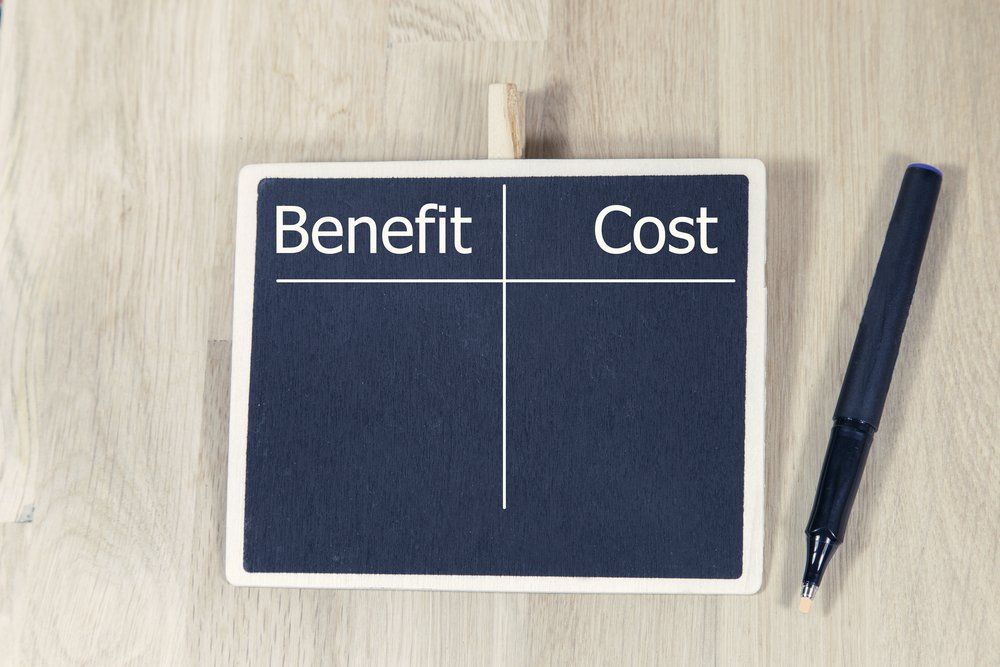There is a great deal to consider when thinking about investing in a viatical settlement. (Learn More — Viatical Settlements)
They aren’t always worth it, as they tend to pay significantly less than your life insurance policy would. It often comes down to is whether you truly need money immediately (usually for medical costs) and if there is no better option to obtain the necessary funds. (Learn More — When Are These Settlements Worth It?)
The obvious alternative to a viatical settlement is to do nothing and have your life insurance policy pay out as it normally would at the end of your life.
You can also look into accelerated death benefits. Many insurance providers offer accelerated death benefit riders, sometimes at no extra cost, that allow terminally ill patients to pull money from their life insurance to cover medical expenses. For many people, this will cover burdensome costs like a viatical settlement would, but it can result in more money being paid out overall. (Learn More — Alternatives to Viatical Settlements)
Viatical Settlements
A viatical settlement is a binding agreement between a viator — a terminally ill person who sells their life insurance policy — and a viatical settlement company or another third party. A viator receives a payment (sometimes broken up into periodic payments) equal to a percentage of the life insurance policy they are holding. When they die, the third party will receive the insurance payout rather than the viator’s family.
Determining whether these settlements are right for you is challenging — and morbid. Viatical settlements are essentially a cost-benefit analysis by both yourself and a company, determining exactly how much your remaining life is worth and when exactly you are going to die.
 At this same time, it is essential to be informed. Many people make mistakes rushing through the process because they find it complicated or unpleasant. In most cases, you should consult a financial advisor for advice, as they can help you avoid pitfalls and unnecessary taxation while maximizing your payment.
At this same time, it is essential to be informed. Many people make mistakes rushing through the process because they find it complicated or unpleasant. In most cases, you should consult a financial advisor for advice, as they can help you avoid pitfalls and unnecessary taxation while maximizing your payment.
When Are These Settlements Worth It?
Deciding whether or not a viatical settlement is right for you depends on your needs and desires. Some things to consider include:
- How long do medical professionals expect you to live?
- Do you need money immediately? How much?
- How does your family’s immediate need for money balance against your life insurance policy’s ability to give them more money once you die?
- Will state tax law affect your viatical settlement? Does your settlement fall under federal HIPPA tax exemptions?
- What are the alternatives to making a viatical settlement?
The simple truth is that companies make viatical settlements because they tend to profit from them. In the end, you and your family receive less money from a viatical settlement than your family would make from your life insurance policy’s payout.
This does not mean these settlements are never worth making. The medical costs for someone who is terminally ill can be very expensive. It can be much less of a burden to both the viator and their family to receive less money immediately than it is to wait, potentially accrue serious medical debts, and then get a larger payment when the insured dies.
While not applicable to most people, a viatical payment adds to your estate value. This can potentially push your estate’s value to the point where estate taxes apply to you.
Alternatives to Viatical Settlements
As with any financial decision, you should consider the alternatives when determining whether a viatical settlement is best for you. If you and your family do not immediately need money, your family will benefit more financially by waiting for you to die and receiving your life insurance payout.
 One commonly considered alternative to a viatical settlement is cash surrender, in which a person surrenders a whole life insurance policy for its cash value. However, these payments tend to be less than what a viatical settlement would be and are taxed. Oftentimes, viatical settlements are not taxed, making cash surrender less favorable.
One commonly considered alternative to a viatical settlement is cash surrender, in which a person surrenders a whole life insurance policy for its cash value. However, these payments tend to be less than what a viatical settlement would be and are taxed. Oftentimes, viatical settlements are not taxed, making cash surrender less favorable.
An accelerated death benefit is an option that is typically available to a person with a life expectancy of somewhere between 3 and 24 months. These agreements often pay more in total than viatical settlements.
These benefits are life insurance riders, often included at no extra cost, which essentially allow a person to receive their death benefits while they are still alive. They are sometimes called terminal illness benefits. When setting up your life insurance policy, ask about accelerated death benefits to see what the company offers.
Accelerated death benefits allow you to pull from the payout your beneficiaries receive when you die, giving you money to pay for medical costs associated with your terminal illness while you’re still alive. Depending on the insurance company, you may not be able to pull indefinitely. While some companies make your entire policy accessible, most only pay out a portion of the policy’s face value. If your insurance company enforces a cap on accelerated death benefits, the remainder is paid out after you die.
If you qualify for accelerated death benefits and the payments are enough to cover medical costs, your beneficiaries will likely benefit more in the long run if you keep your policy rather than set up a viatical settlement.
References
Viatical Settlements: Myths and Misconceptions. (May 18, 2011). Intangible Personal Property.
Viatical Settlement Definition. (February 11, 2018). Dotdash.
Are Viatical Proceeds Taxable? American Life Fund.
Viator. Merriam-Webster.
What Is an Accelerated Death Benefit? (September 27, 2019). Policygenius.















































